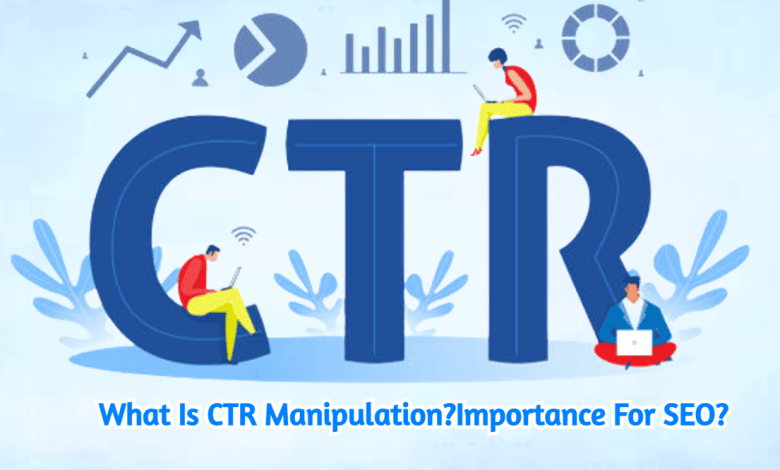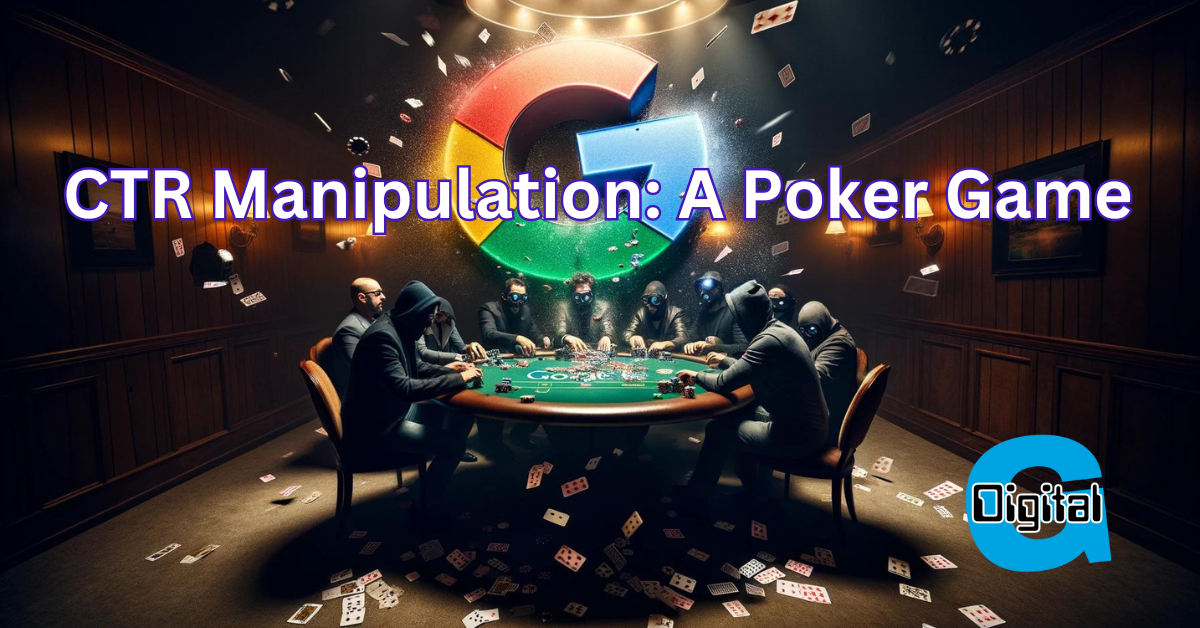Discovering the Partnership In Between CTR Manipulation Providers and User Habits
In the world of electronic advertising and marketing, the impact of click-through price (CTR) control solutions on individual habits stays a complicated and interesting subject. By studying the elaborate partnership in between CTR control solutions and user behavior, intriguing insights arise that might reshape our understanding of electronic advertising and marketing techniques and their effects on customers.
Influence of CTR Manipulation on Behavior
Analyzing the impact of Click-Through Price (CTR) control on user actions reveals essential insights right into the dynamics of online engagement. CTR manipulation involves unnaturally pumping up the number of click a specific link or promotion to trick users and online search engine. This practice can bring about a distorted perception of a webpage's appeal or relevance, inevitably affecting customer habits.

In addition, CTR adjustment can skew the data utilized by formulas to personalize individual experiences. This can cause users being offered content that does not line up with their choices or passions, ultimately causing a decrease in user satisfaction and interaction. Recognizing the impact of CTR manipulation on individual habits is essential for preserving openness and rely on online interactions.
Individual Interaction With Controlled CTR
Customer involvement with manipulated CTR data typically causes manipulated assumptions of online content popularity and significance. When individuals engage with material based on synthetically inflated Click-Through Rates (CTR), they may think that specific info, items, or services are more popular or reliable than they in fact are. This can cause customers making choices based on deceptive data, causing possibly negative end results.
Involvement metrics like sort, shares, comments, and time invested in a website are typically influenced by CTR adjustment. Individuals may be a lot more likely to involve with content that appears to have higher involvement prices, additionally continuing the cycle of manipulated perceptions. Because of this, web content designers and advertisers might focus on creating web content that generates high CTR instead than concentrating on developing genuinely beneficial and relevant product.

Emotional Impacts of CTR Manipulation

Moreover, the emotional impacts of CTR control can also show up in altered decision-making procedures. Individuals may be much more likely to click material solely based upon its viewed popularity, instead of its actual worth or significance to their requirements. This behavioral change can my review here lead to a superficial involvement with on the internet content, where individuals may forget high-grade however much less prominent offerings for those with synthetically enhanced CTRs.
Fundamentally, the psychological implications of CTR manipulation highlight the relevance check that of maintaining openness and credibility in on the internet communications to foster authentic individual involvement and trust fund.
Honest Considerations in CTR Control
Thinking about the moral implications of adjusting click-through rates (CTR) in on the internet platforms is important for maintaining stability and trust within the digital ecological community. CTR manipulation increases problems regarding tricking users, distorting information analytics, and compromising the reputation of online material. One significant ethical consideration is the prospective effect on user autonomy and decision-making. By unnaturally blowing up CTR, individuals might be misled into clicking on links or advertisements they would certainly not have selected or else, leading to a disingenuous online experience. CTR manipulation can skew the performance metrics that businesses rely on to make tactical decisions, eventually influencing market competitors and customer depend on.
One more honest aspect to ponder is the justness of manipulating CTR to obtain an unreasonable advantage over competitors. Taking part in such methods not only violates concepts of fair game but also undermines the depend why not try these out on that users position in on-line platforms. It is important for businesses and electronic online marketers to support ethical criteria in their methods to ensure openness, trustworthiness, and long-term sustainability in the online setting.
Effects for Digital Advertising
With the enhancing dependence on digital systems for advertising and marketing functions, the practice of adjusting click-through rates (CTR) presents significant effects for the effectiveness and honesty of digital advertising and marketing techniques. CTR adjustment can result in manipulated data analytics, misinforming marketers right into thinking that their campaigns are doing far better than they really are. This can cause misallocation of resources, with companies investing in underperforming methods based on falsified CTRs. When users realize that CTRs have been manipulated, it can deteriorate depend on in the brand name, leading to long-term unfavorable consequences for consumer loyalty and brand name credibility.
Furthermore, making use of CTR control services can produce an unfair competitive landscape, where business that engage in such practices gain an artificial advantage over those that follow moral advertising and marketing requirements. This can stifle development and creativity in digital marketing, as success comes to be even more regarding manipulation tactics than supplying genuine value to customers. Inevitably, the effects of CTR control for digital advertising and marketing prolong beyond short-term gains, influencing the total sustainability and reputation of advertising efforts in the electronic realm.
Conclusion
Finally, the partnership between CTR adjustment solutions and user actions is complicated and complex. The effect of CTR manipulation on actions, individual engagement with controlled CTR, psychological results, moral factors to consider, and implications for electronic marketing all contribute fit this partnership. Comprehending these dynamics is crucial for online marketers and scientists alike in order to navigate the moral implications and make the most of the efficiency of their digital advertising strategies.